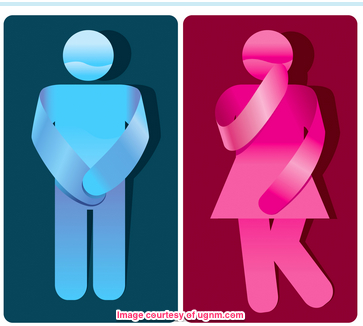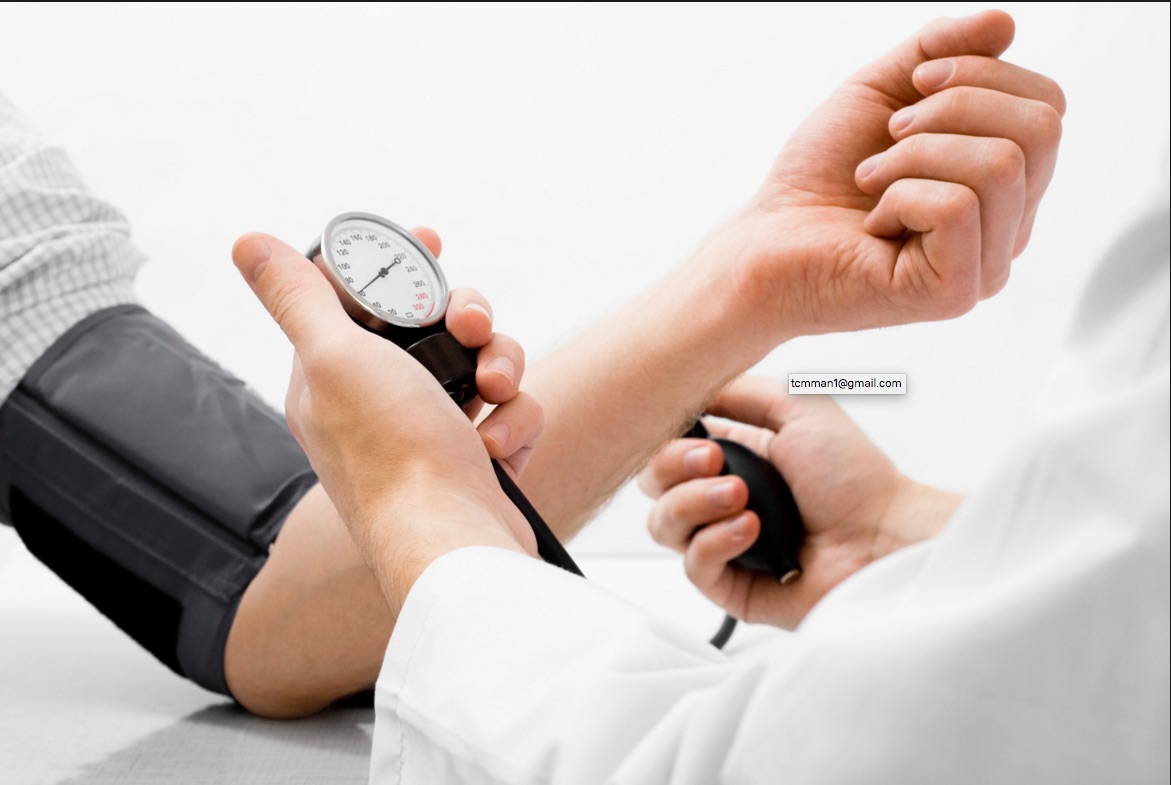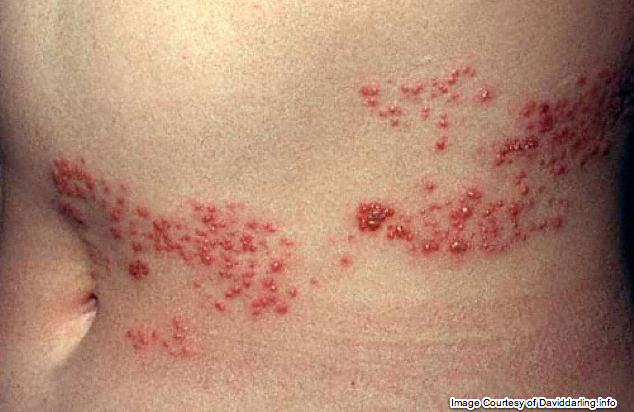 acupuncture,
acupuncture,  bed wetting,
bed wetting,  bedwetting,
bedwetting,  enuresis,
enuresis,  kids,
kids,  pediatrics in
pediatrics in  Disorders
Disorders Appointments are available on the following days each week. Please call the landline at 773.506.8971 or email at tcmman1@gmail.com to schedule.
Sunday: 2 – 7PM
Monday: 2 – 8PM
Tuesday: 2 – 8PM
Wednesday: 12 - 6PM
Thursday: 2 – 8PM
 acupuncture,
acupuncture,  bed wetting,
bed wetting,  bedwetting,
bedwetting,  enuresis,
enuresis,  kids,
kids,  pediatrics in
pediatrics in  Disorders
Disorders  Wednesday, March 2, 2016 at 7:22PM
Wednesday, March 2, 2016 at 7:22PM  My clinic treats many cases of overactive bladder and intractable interstitial cystitis, with often stunning success. Over the years, many studies have been done which have found that acupuncture and Chinese medicine are as, or more effective as the leading pharmaceuticals in treating an overactive bladder. Some of those I have excerpted below.
My clinic treats many cases of overactive bladder and intractable interstitial cystitis, with often stunning success. Over the years, many studies have been done which have found that acupuncture and Chinese medicine are as, or more effective as the leading pharmaceuticals in treating an overactive bladder. Some of those I have excerpted below.
An article about the study, which can be read here, found that there was almost perfect (90%) resolution of bladder symptoms. These symptoms include frequent urination, nocturia, a sensation of incomplete emptying, incontinence, loss of urine and urge incontinence.
This is very good news for those suffering from bladder issues who have previously thought that there only option was drug therapy. The pharmaceuticals used to treat these symptoms have many side effects, including dry mouth, dry eyes, constipation, stomach pain, burning urination, extreme thirst, nausea, vomiting, painful urination, difficulty breathing, blurry vision and extreme exhaustion. Happily, acupuncture does not have side effects and so may be preferable for those who wish to avoid potential side effects as well as those for whom the drug is contraindicated: people with pernicious glaucoma, myasthenia gravis, severe liver disease and for those undergoing kidney dialysis.
Other studies have found much the same effect, an example being one which specifically looked at refractory interstitial cystis and found that,
...acupuncture needling combined with moxibustion improves the condition of patients with refractory interstitial cystitis, a urination bladder disorder. Interstitial cystitis involves chronic bladder region pain that is often accompanied by urinary urgency, frequency and the need to wake at night to urination. Moxa needles were applied to acupuncture points over the sacrum and patients experienced significant improvement in the condition.
A Japanese study found that there was a dramatic difference between patients with interstitial cystitis receiving western care versus acupuncture treatment, concluding:
This therapy is traditional and relatively noninvasive. Although its precise mechanism of action is unclear, this study suggests that acupuncture and moxibustion treatment may be a complementary and alternative therapeutic option for refractory IC.
Another study, published in the British Journal of Urology, found that:
79% of patients in the study showed clinically significant improvements. The researchers conclude that acupuncture is an effective treatment modality for patients with overactive bladder syndrome (OAB) and “is well tolerated with no side effects or complications.” As a result, the research team notes that acupuncture “should be considered as a potential alternative to our current therapeutic regimes” for patients with OAB.
 Monday, February 29, 2016 at 3:58PM
Monday, February 29, 2016 at 3:58PM  Acupuncture has been well established as a means of lowering blood pressure and managing chronic hypertension. Now, several recent studies have added yet more evidence supporting this as an effective therapy.
Acupuncture has been well established as a means of lowering blood pressure and managing chronic hypertension. Now, several recent studies have added yet more evidence supporting this as an effective therapy.
“This clinical study is the culmination of more than a decade of bench research in this area,” Dr. John Longhurst, a cardiologist and an author of the study, said in the press release. “By using Western scientific rigor to validate an ancient Eastern therapy, we feel we have integrated Chinese and Western medicine and provided a beneficial guideline for treating a disease that affects millions in the U.S.”
The latest study, published in the journal Medical Acupuncture, examined the effects of acupuncture on 65 hypertensive patients who weren’t on any hypertension meds. The participants were divided into two groups. The first group received electroacupuncture (low-intensity electrical stimulation on different needle points in the body) on their inner wrists and below their knees, and 70 percent of the participants saw a reduction in blood pressure, an improvement that lasted over a month. This group also saw a reduction of blood concentration levels of norepinephrine, a hormone and neurotransmitter that constricts blood vessels and elevates blood pressure.
Another study, from Scientific Reports, reveals one possible mechanism:
Repetitive Acupuncture Attenuates Cold-Induced Hypertension through Enkephalin in the Rostral Ventral Lateral Medulla.
 Hypertension,
Hypertension,  acupuncture,
acupuncture,  high blood pressure in
high blood pressure in  Disorders
Disorders  Monday, February 29, 2016 at 3:21PM
Monday, February 29, 2016 at 3:21PM
If you are having chest pains related to angina, acupuncture may be more effective than conventional drugs says theNational Certification Commission of Acupuncture and Oriental Medicine (NCCAOM). In a recent meta-analysis, researchers found that "acupuncture significantly increased the clinical curative effects in the relief of angina symptoms and improved the electrocardiography indicating that acupuncture therapy was superior to conventional drugs.[1]"
You can read the rest of the article here, at the National Certification Commission of Acupuncture and Oriental Medicine's website.
 acupuncture,
acupuncture,  angina,
angina,  chest pain,
chest pain,  heart in
heart in  Disorders
Disorders  Wednesday, September 9, 2015 at 6:39PM
Wednesday, September 9, 2015 at 6:39PM
Any individual who has suffered through shingles (herpes zoster) can attest that the experience can be counted as among the worst that a human being can suffer. Usually shingles manifests as an agonizing, burning pain following one or more nerve paths from the spine outwards, and is accompanied by a fluid-filled rash which gradually evolves into painful scabs.
Cruelly, the visual signs of shingles may vanish after several weeks, but leaving searing nerve pain where it had been yet with little or no outward signs. This pain is termed, post-herpetic neuralgia.
While we often treat acute shingles at the Northside Holistic Center with good effect, it is even more common that people are directed to us by their physician or a peer who has been treated at the clinic for post-herpetic neuralgia. This is because living with the neuralgia is often almost intolerable and acupuncture and Chinese medicine are so effective at alleviating the problem.
Articles and Research
Acupuncture Cost-Effective For Herpes Zoster Care - New Research12 APRIL 2012New research published in the Journal of Traditional Chinese Medicine finds acupuncture as effective as pharmacological drugs for the treatment of herpes zoster. The study also notes that acupuncture is more cost-effective as a treatment modality for this ailment. Herpes zoster, also known as shingles, is a viral infection that causes painful skin rashes with blisters. This is the same virus that causes chickenpox. Adults who have had chickenpox earlier in life have a 50 percent chance of contracting a herpes zoster outbreak later in life, however, herpes zoster can attack at any age.A total of 500 patients with herpes zoster were part of this randomized clinical trial. They were divided into 5 treatment groups to compare Chinese medicine with anti-viral drug therapy. Group 1 received acupuncture and electroacupuncture. Group 2 received moxibustion. Group 3 received red-hot needle treatment. Group 4 received tapping needle technique plus cupping and group 5 received drug therapy. The researchers found no statistical difference between the treatment groups for the “curative effect.” Given the same clinical effects between the treatment groups, the researchers then compared the cost of care and concluded that acupuncture is a more cost-effective modality for the treatment of herpes zoster.Reference:Journal of Chinese Medicine. 1-2012. Economic Evaluation of Treating Herpes Zoster with Various Methods of Acupuncture and Moxibustion.
...acupuncture is as effective as standard drug treatment for acute pain in patients with herpes zoster (HZ).
A comprehensive pain treatment regimen, consisting of a stellate ganglia block, medications, transcutaneous electrical nerve stimulation and hypnosis, was administered, but the patient did not gain any incremental pain relief.
The acupuncture service was consulted . . . after acupuncture treatment over a 2-month period, the patient's nausea disappeared. Her left facial pain continued to decline from a maximum of 10 to 0 . . .[their] conclusions, "Acupuncture and its related techniques may be an effective adjunctive treatment for symptoms associated with post herpetic neuralgia and deserve further study."
Acupuncture plus encircled needling and acupuncture plus encircled needling combined with cotton-moxibustion, or with fire needle stimulation, or with tapping and cupping are effective in the treatment of herpes zoster at the acute stage, being comparable to the medication in the clinical curative effect and improvement of blisters, and better than medication in pain relief.